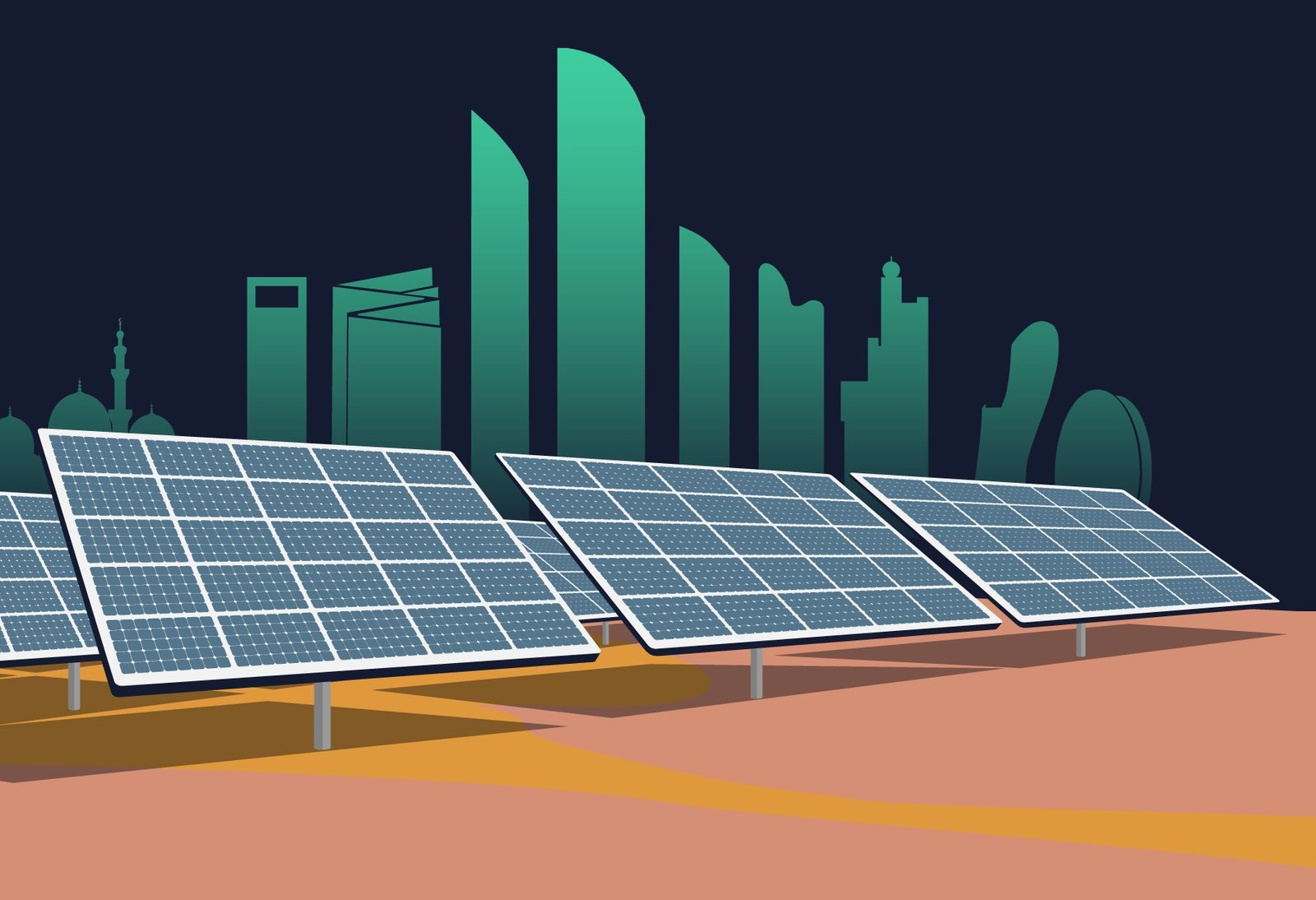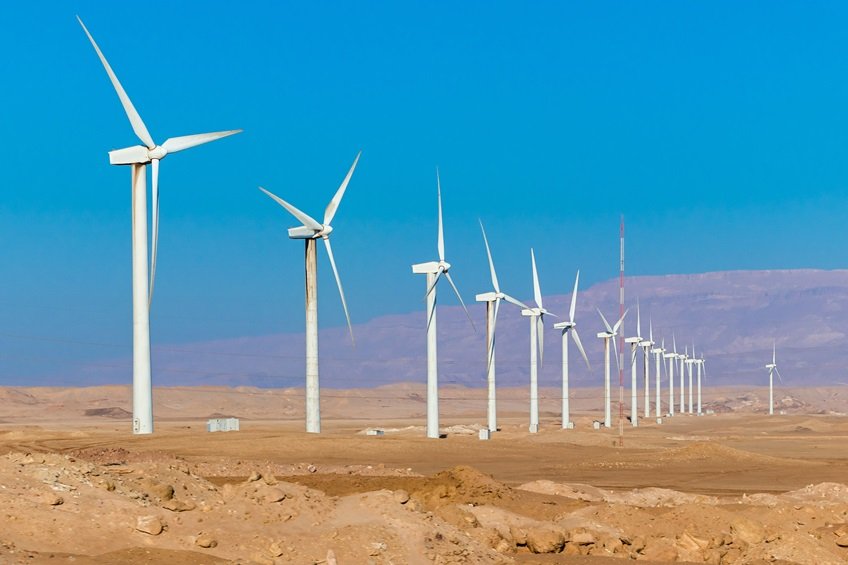Siemens Energy and Eaton have announced a strategic partnership to accelerate the development of next-generation data centres, aiming to meet surging global demand driven by artificial intelligence (AI) and cloud computing applications.
The agreement, unveiled on Tuesday, will see the two industrial giants collaborate on delivering integrated modular data centre infrastructure powered by standardised, on-site energy generation systems. The approach is designed to dramatically reduce time-to-market for new facilities, which are increasingly constrained by grid capacity and regulatory delays.
In a joint statement, the companies said the offering will enable simultaneous deployment of data centre structures and their associated power systems — a shift from traditional phased construction models. The integration of on-site generation, grid-independent power supply, and optional renewable energy support is expected to ease permitting hurdles and speed up deployment timelines.
“Our power plant design enables hyperscalers, co-locators and investors to bring new capacity online up to two years faster in many markets, leading to significant revenue acceleration,” said Andreas Pistauer, global head of sales for Siemens Energy’s Gas Services Business Area.
At the heart of the solution is Siemens Energy’s modular, scalable 500-megawatt power plant concept, based on its high-efficiency SGT-800 gas turbines. The units are designed for redundancy and can be equipped with battery storage systems, with future-proofing for hydrogen use to support net-zero ambitions.
The company also offers an emission-free, clean air grid connection system that can be installed during construction or retrofitted later, allowing data centres to participate in grid-balancing services.
Eaton, meanwhile, will contribute electrical infrastructure, including switchgear, UPS systems, busways, racks, containment solutions, and engineering services. The company emphasised the use of skidded and modular electrical systems that can be deployed rapidly and adapted to local requirements.
“Our flexible, plug-and-play approach enables customers to bring capacity online quickly in any location with access to gas, water, and fibre,” said Cyrille Brisson, global segment leader for Data Centres at Eaton.
The collaboration comes amid a global scramble to build new data centre capacity as generative AI applications strain computing resources. Industry analysts forecast that global data centre energy demand will double by 2030, with much of the growth concentrated in North America, Europe, and the Middle East.
The joint solution is likely to appeal to hyperscalers and colocation providers facing regulatory scrutiny over energy use and emissions. By embedding lower-carbon generation options and grid interactivity from the outset, the model offers a pathway to compliance with tightening sustainability mandates.
Siemens Energy and Eaton did not disclose financial terms of the partnership or identify initial deployment sites but signalled interest from global developers. The companies will target markets where grid delays or environmental constraints are slowing traditional builds.





